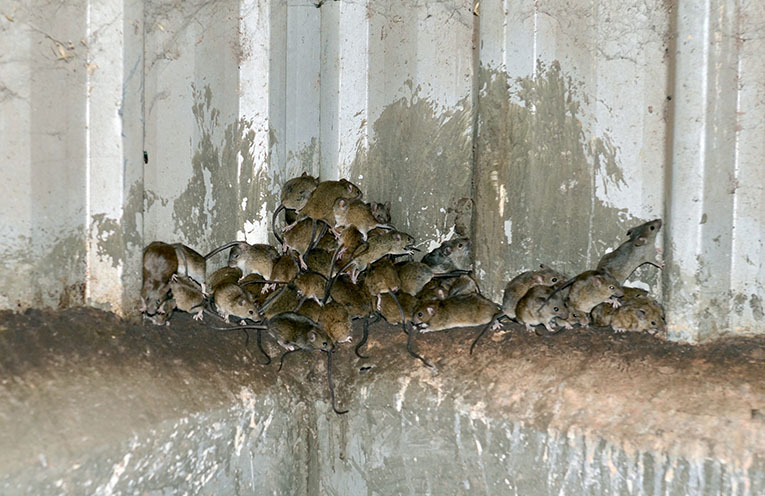
MINISTER for Agriculture Adam Marshall has urged primary producers this week to start preparing now for a spring surge in the mice population after increased activity was reported in the state’s north.
“While there has been some respite from high mouse numbers across the winter months as breeding slowed, we remain concerned about a spring surge in numbers as the weather warms up,” Mr Marshall said.
“It looks like we’re going to have good conditions and hopefully a great winter crop, but that also means mice will have everything they need to build populations very quickly in the lead up to harvest.
“Early detection is critical to helping protect crops, so farmers should be walking their paddocks now looking for signs of mice and being prepared to bait if needed.”
Mr Marshall said signs of mouse damage included chewing the nodes of developing cereals and the chewing of flowers and pods on canola and legumes.
“The experts tell us it is better to bait early with the newly-available zinc phosphide 50g/kg baits before your crops start to fill,” Mr Marshall said.
“Baiting early will help control mouse populations before they start breeding in spring, as they’ll more readily take the baits while there is less alternative food available.
“Zinc phosphide is the most effective rodenticide available and the NSW Government is offering producers a rebate which will cover 50 per cent of the cost of zinc phosphide baits, up to $10,000.
“Already 304 producers have accessed more than $2 million worth of assistance under this program, and more than 13,000 households and small businesses have claimed more than $7.5 million worth of rebates on retail mouse baits.
“The NSW Government is also working with manufacturers to make sure we have an ample supply of zinc phosphide available – we’ve provided more than $5 million to make sure NSW producers are first in line for zinc phosphide and to assist with the costs of getting the chemical to NSW.”
Households are eligible to claim up to $500 and small businesses, including primary producers and sole traders, will be eligible to claim up to $1,000 for rebates on baits.
The NSW Rural Assistance Authority will administer the zinc phosphide rebates.
For more information visit www.nsw.gov.au/mice.